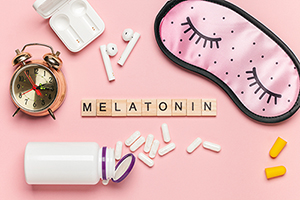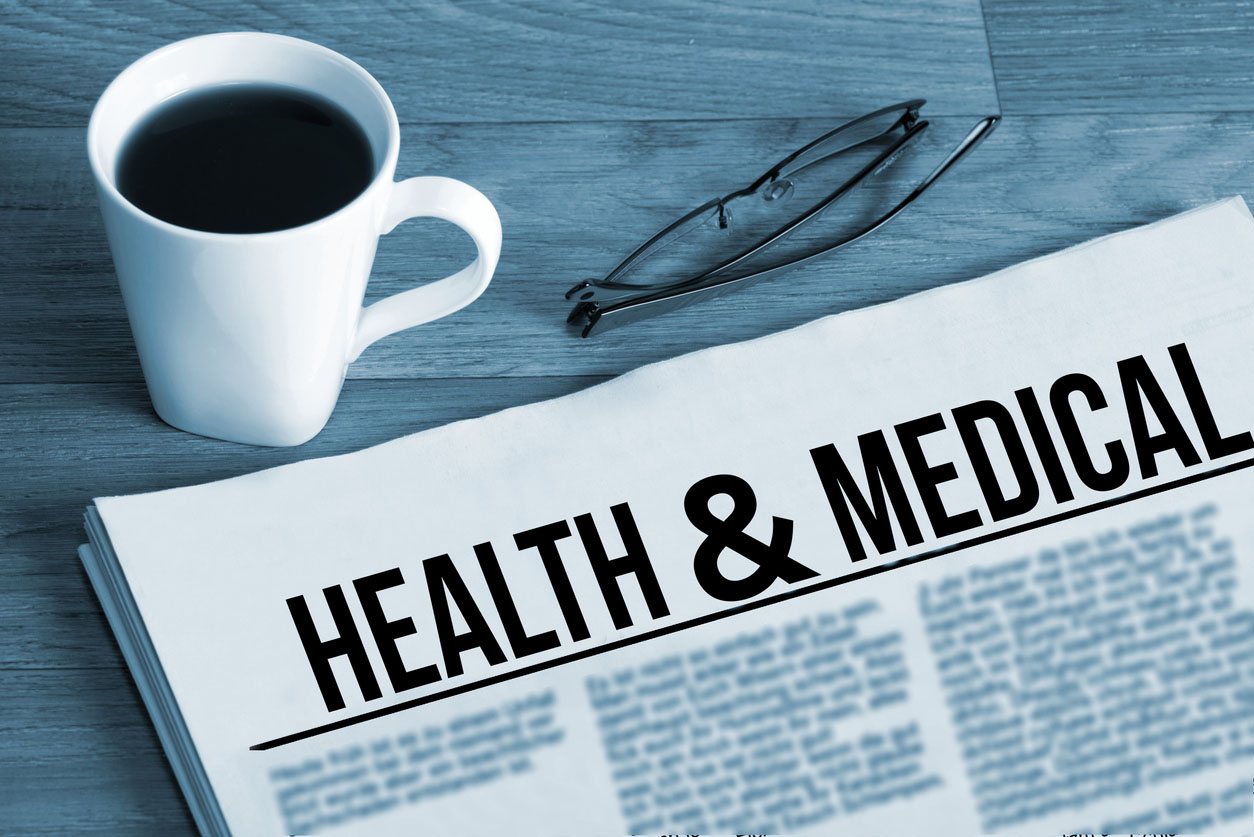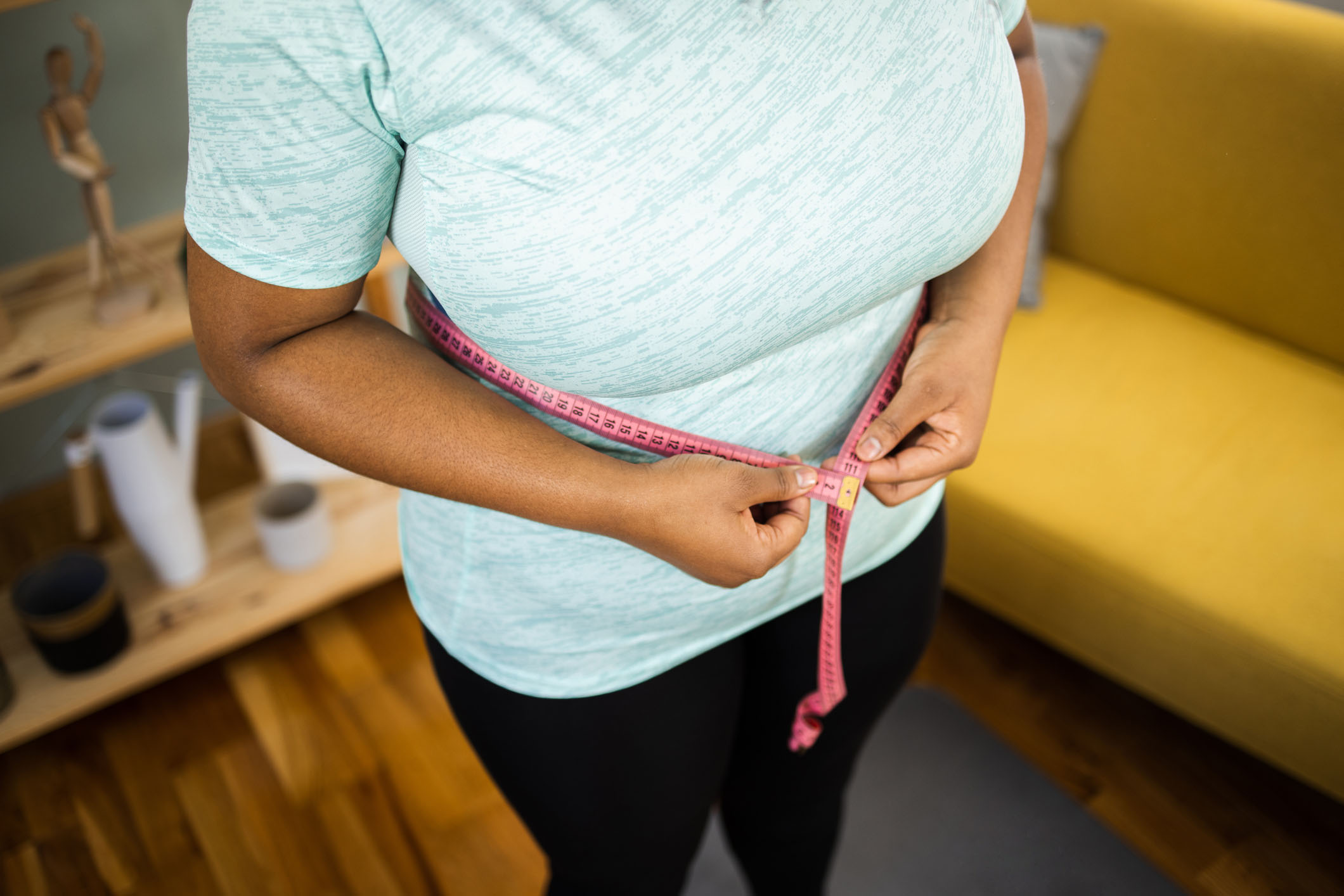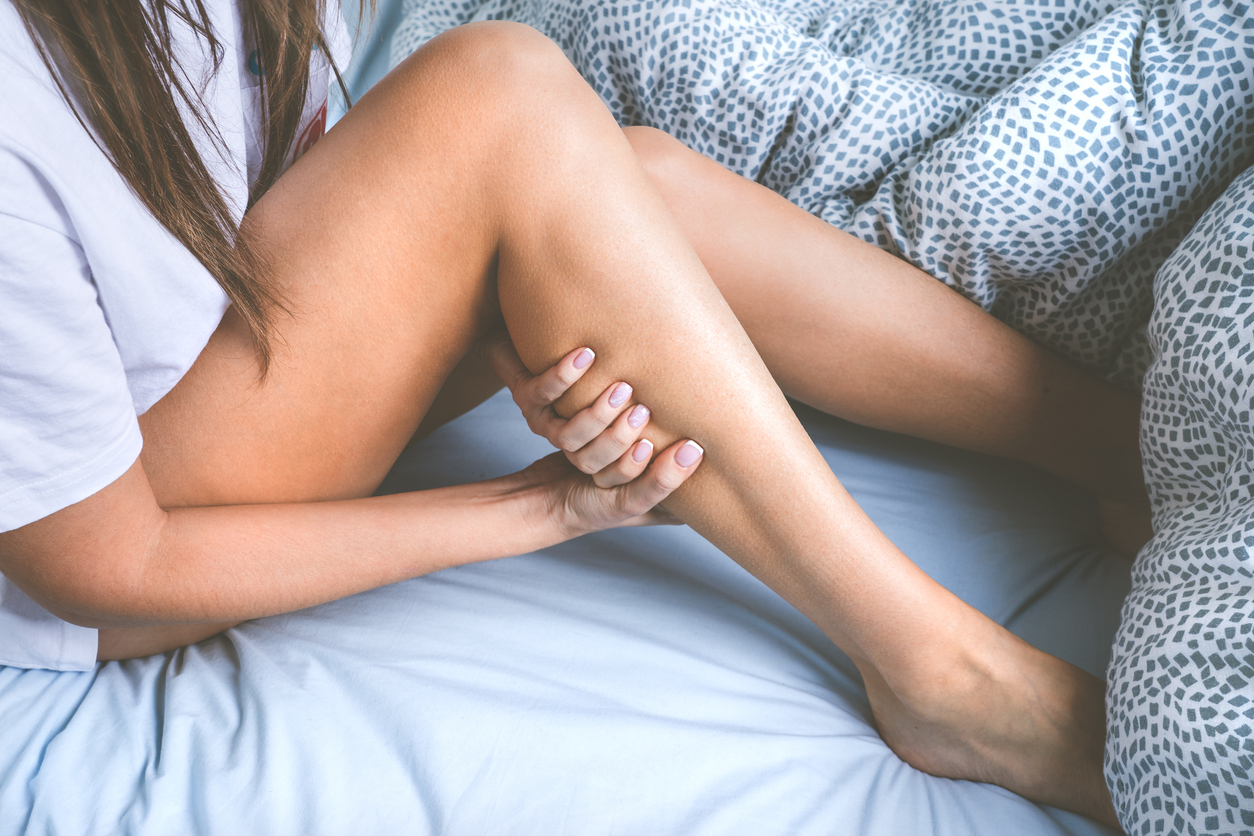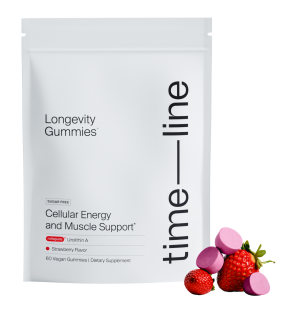We were recently regaled with headlines like these:
- “Melatonin Poisonings in Kids Jumped 530% in 10 Years” (Medpage Today)
- “Pediatric Hospitalizations Due to Accidental Melatonin Overdoses Spiked in Last Decade, CDC Says” (People)
- “Melatonin Supplements Are Poisoning Children” (Gizmodo)
This is in the context of a Congressional campaign to place onerous requirements on supplement manufacturers for the sake of “public safety”.
When did a federal agency and Washington legislators ever turn down another opportunity to extend their powers to regulate??
But reciting the statistic that from 2012 to 2021, there were 260,435 pediatric melatonin ingestions reported, is a sure-fire way to get our attention. Over a quarter-million cases??
It is said that episodes are surging, partially due to the COVID lockdowns, which have kept kids cooped up at home, and amid an uptick in Americans’ sleep problems that have led to the popularization of melatonin. According to the American Academy of Sleep Medicine, which surveyed 2,006 adults in the U.S. in 2021, 56% indicated that they have experienced an increase in sleep disturbances, sometimes referred to as “COVID-somnia”.
It seems that the medical orthodoxy was laying the groundwork for an attack on melatonin even before the recent disclosure of “poisonings”. In a February article in Medical News Today entitled “Melatonin: Are we using too much?” the authors reference a JAMA survey “Trends in Use of Melatonin Supplements Among US Adults, 1999-2018”, the authors concede that “melatonin is generally regarded as safe” but posit, without real substantiation, that it may have adverse effects (“data on long-term use and high-dose use are scarce.”)
What are we to make of concerns—perhaps legitimate—that melatonin is harming droves of Americans?
The vast majority of these cases are occurring in young children, and they were accidental.
First, we have to look at what raw accounting of reports to Poison Control really constitutes. Noteworthy is that the enormous numbers of calls about melatonin represent only 2.25% of reported pediatric ingestions. Far more occurred with medications and household products.
Most were unintentional, not deliberately dosed, especially with the popularity of melatonin-infused sleep “gummies” or even chocolates that may seem like tempting candy to children. 83% were asymptomatic. 88% were managed at home. But panicky parents called Poison Control because junior got into the melatonin stash.
Is it possible that the dramatic uptick in “poisonings”, most of which were not really poisonings but merely the exaggerated reactions of apprehensive parents, were simply a consequence of the media hype around the supposed hazards of melatonin, which heightened awareness?
The CDC reports that “27,795 children required treatment at a healthcare facility. While most (72%) were discharged, 15% were hospitalized and 1% required intensive care.” Again, it’s possible that mom and dad rushed junior to the hospital after finding him asleep next to an emptied package of melatonin, but in the majority of cases it was deemed a false alarm.
But what of the hospitalizations? I consulted several experts on nutritional supplements and their toxicology who were surprised by the alleged magnitude of the melatonin problem. Like me, they were aware that melatonin seldom causes excessive drowsiness—while helpful for many, for a significant proportion of insomniacs even large doses don’t put a dent in their sleeplessness!
Melatonin is also touted for its anti-cancer properties, and many patients take 20 mg or even up to 80 mg per night for years without reporting drowsiness or hangovers. In addition, it’s recommended in many nutritional protocols for early treatment of Covid at doses ranging from 5 mg to up to 400 mg per day!
My expert colleagues dug deep and came up with this:
“Our resident toxicologist reports that there is a reasonable expectation of safety – for adults – when using up to an oral safe upper limit of 100 mg/day for short term usage. But any dosages higher than 10 mg/day and/or uses beyond 4 weeks should be under the supervision of a health care practitioner. No studies indicate that exogenous melatonin up to 1 g/day [1000 mg! —my emphasis] for 25-30 days in adult humans possesses any serious adverse effects.”
When it comes to kids, the authoritative TRC Natural Medicines™️ database added this caution:
“CHILDREN: POSSIBLY SAFE . . . when used orally in low doses, short-term. Although melatonin has been safely used in clinical research in doses up to 12 mg daily, it is often advised that daily doses of melatonin be limited to 3 mg daily for children and infants 6 months or older and 5 mg daily for adolescents. There is some concern that taking melatonin might adversely affect gonadal development in children. While some evidence suggests that long-term use of melatonin in children may delay puberty, the available research includes only three small, observational studies with incomplete follow-up and poor measures of pubertal timing. Still, due to the potential risk, melatonin should be used only in children with a medical reason for use; it should not be used to promote sleep in otherwise healthy children. There is insufficient reliable information available about the safety of melatonin when used long-term.”
They add: “Possible melatonin supplement side effects reported in children have usually been mild and have included:
Drowsiness
Increased bedwetting or urination in the evening
Headache
Dizziness
Agitation”
A 2019 study concluded that, “The safety of supplemental melatonin administration in children, particularly in the short term, has been well documented.”
A concern is that, just as many reported COVID-related hospitalizations and deaths have occurred with COVID—and not solely due to COVID—some of these sick kids may have had co-morbidities for being admitted to hospital and melatonin ingestion was just an incidental finding.
But what about the two reported deaths? I examined the 2019 case report of these alleged melatonin-related fatalities in children, and my impression is they occurred under bizarre circumstances where melatonin was one of a myriad of factors that may have led to a fatal outcome. One nine-month-old female was found dead while co-sleeping with a 250 pound sibling in a prone position in an adult bed with overstuffed bedding—a set up for Sudden Infant Death Syndrome! There was evidence of child abuse and neglect and even signs of physical trauma, pesticide exposure and cough medicine ingestion, but nonetheless melatonin was highlighted as the cause of death.
A second 13 month old died while sleeping adjacent to a space heater with evidence of thermal burns, but because melatonin was found in sippy cups near the victim it was implicated as causal. The case was even deemed a homicide.
The critics of melatonin cite studies that suggest that levels of melatonin in supplements they evaluated vary wildly from the stated label claims—some with far less, others with far more. Moreover, some supplements contain significant levels of serotonin as an unintended contaminant (serotonin is a metabolite of melatonin and in high amounts can cause “serotonin syndrome”). Symptoms may include high body temperature, agitation, increased reflexes, tremor, sweating, dilated pupils, and diarrhea.
The experts I consulted for this article concede that this may occur with low-quality “off-brand” products like melatonin-infused gummies, candies or beverages, but responsible supplement manufacturers are careful to assay their products for potency and purity.
There’s sure to be a huge hue and cry now about melatonin. Supplement foes are going to use these reports to bolster their claim that natural products are unsafe and require more regulation and restriction. Melatonin is already banned for over-the-counter sale in the UK and European Union, where supplements are highly restricted. Many in the U.S. want to emulate our foreign colleagues and long to “harmonize” with international standards.
Let’s not let anti-supplement forces use melatonin as a pretext to restrict our access to it and other valuable nutraceuticals. Nevertheless, cautions are warranted: As with any medications or nutritional products, make sure to keep home supplies of melatonin secured well away from inquisitive kids, and use only products from reputable companies. That could save a lot of panicked calls to Poison Control.
(More at “Is Melatonin Dangerous?”)
